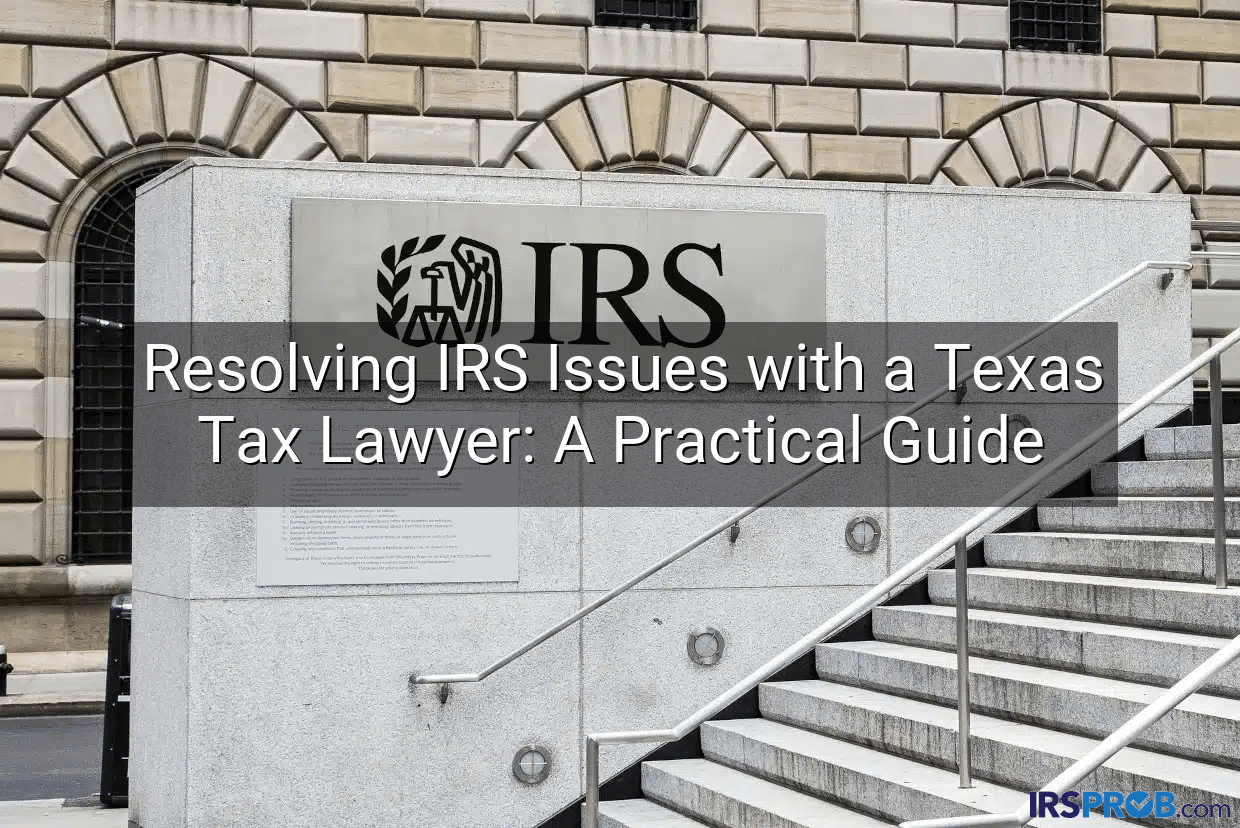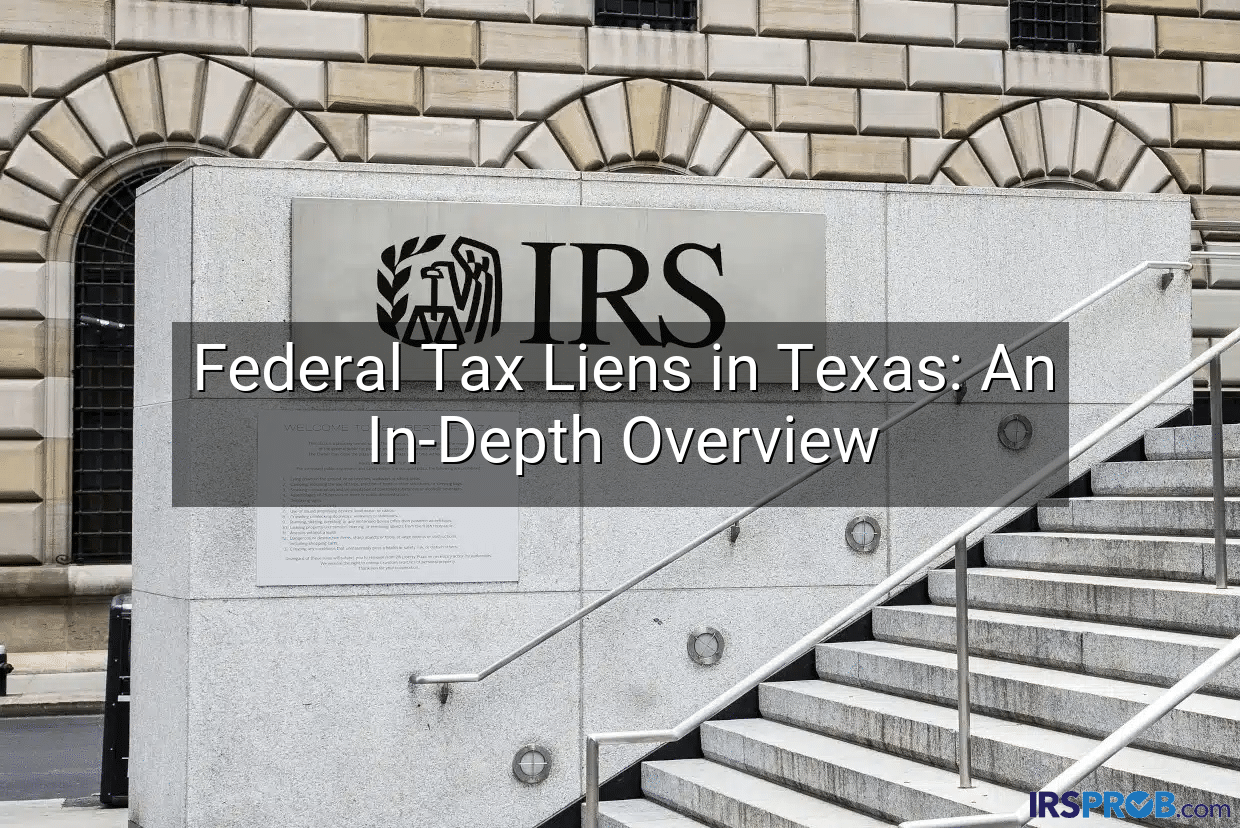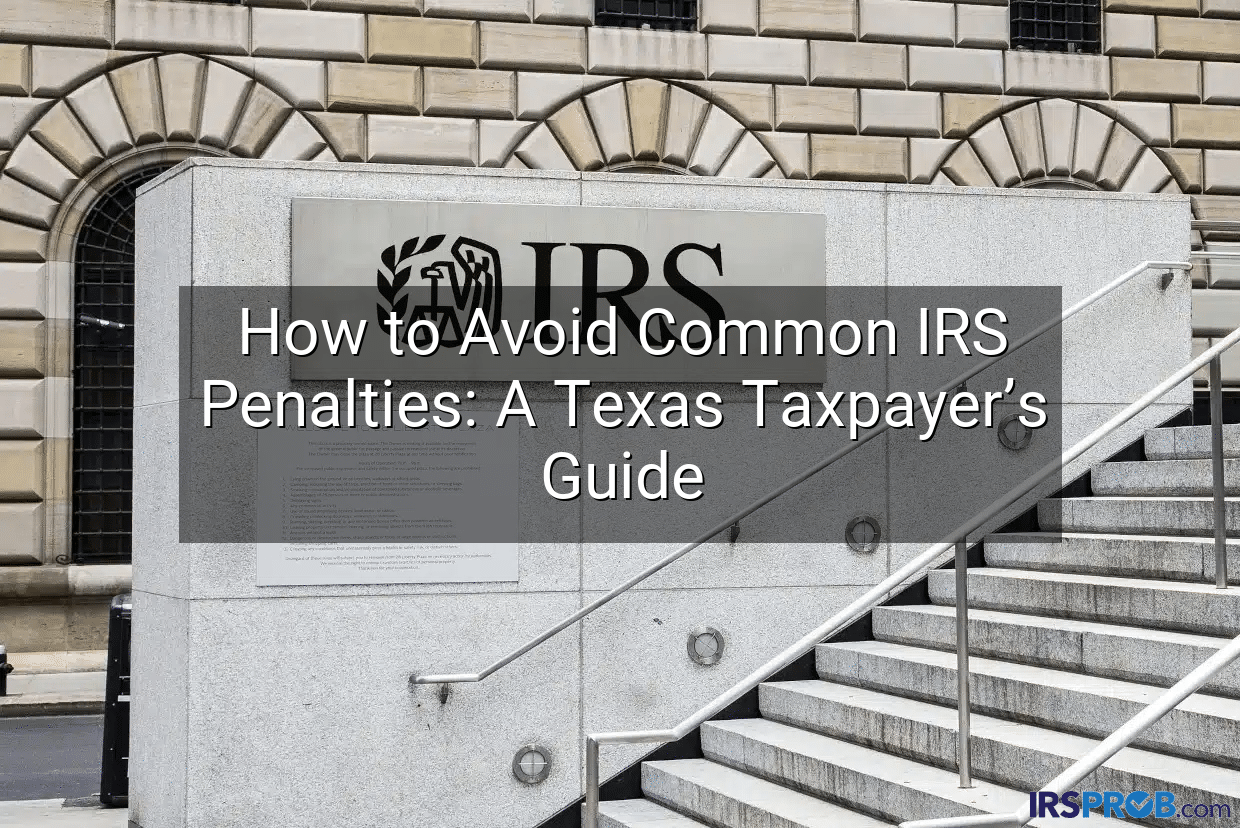The IRS recently issued new cryptocurrency guidance and is certainly looking for you if you bought and sold cryptocurrency and didn’t report it on your tax return.
Here are the tax basics. Cryptocurrency is the same as property for tax purposes.
1.) If you receive bitcoin in exchange for your services, then your income is the fair market value of the bitcoin received. Your basis in the bitcoin received is its fair market value at the time of receipt plus any transaction fees incurred.
2.) If you receive bitcoin in exchange for your property, then your gain or loss is the fair market value of the bitcoin received less the adjusted basis of your property given up. Your basis in the bitcoin is its fair market value at the time of receipt plus any transaction fees incurred.
3.) If you give bitcoin in exchange for services, then the value of the expense is the fair market value of the bitcoin given. Also, the value of the services received less the adjusted basis of the bitcoin is a gain or loss to you.
4.) If you give bitcoin in exchange for someone’s property, then your gain or loss is the fair market value of the property you received less the adjusted basis of your bitcoin.
Cryptocurrency is a capital asset (provided you aren’t a trader). Therefore,
1.) You pay tax on any gain at reduced rates.
2.) Losses are subject to capital loss limitation rules.
Forks
In cryptocurrency land, a fork happens when the digital register that logs transactions of a particular cryptocurrency diverges into a new digital register. There are two types of forks:
1.) One in which you don’t get cryptocurrency.
2.) One in which you get new cryptocurrency.
The IRS ruled that:
1.) A fork in which you don’t get cryptocurrency is not a taxable event.
2.) A fork in which you get new cryptocurrency is a taxable event and you’ll recognize ordinary income equating to the fair market value of the new cryptocurrency received.
Example. You own A, a cryptocurrency. A fork occurs and you receive three units of B, a new cryptocurrency. At the time of the fork, B has a value of $20 per unit. You’ll recognize $60 of ordinary income due to the fork.
Identifying the Specific Items
When selling property, you generally sell it on a (FIFO) first-in, first-out basis, unless you are eligible to use the specific identification method. You want to use the specific identification method if you can because you can select the amount of gain or loss your sale will create. With FIFO, you have no choice.
To use the specific identification method, you’ll have to either:
1.) Document the specific unit’s unique digital identifier, such as a private key, public key, and address, or
2.) Keep records showing the transaction information for all units of a specific virtual currency, such as bitcoin, held in a single account, wallet, or address.
This information must show:
1.) The date and time you acquired each unit;
2.) Your basis and the fair market value of each unit at the time you acquired it;
3.) The date and time you sold, exchanged, or otherwise disposed of each unit;
4.) The fair market value of each unit when you sold, exchanged, or disposed of it; and
5.) The amount of money or the value of property received for each unit.








